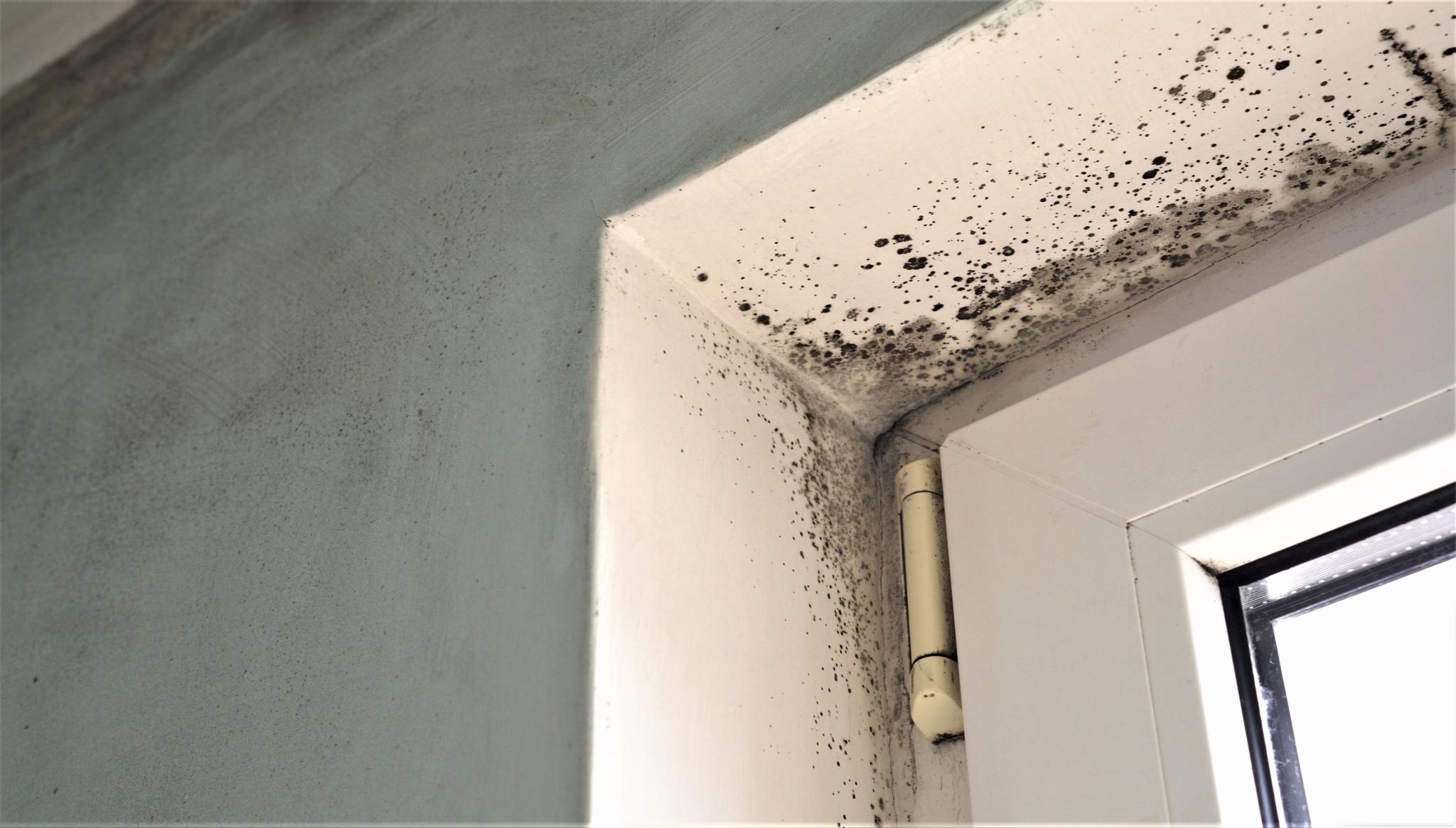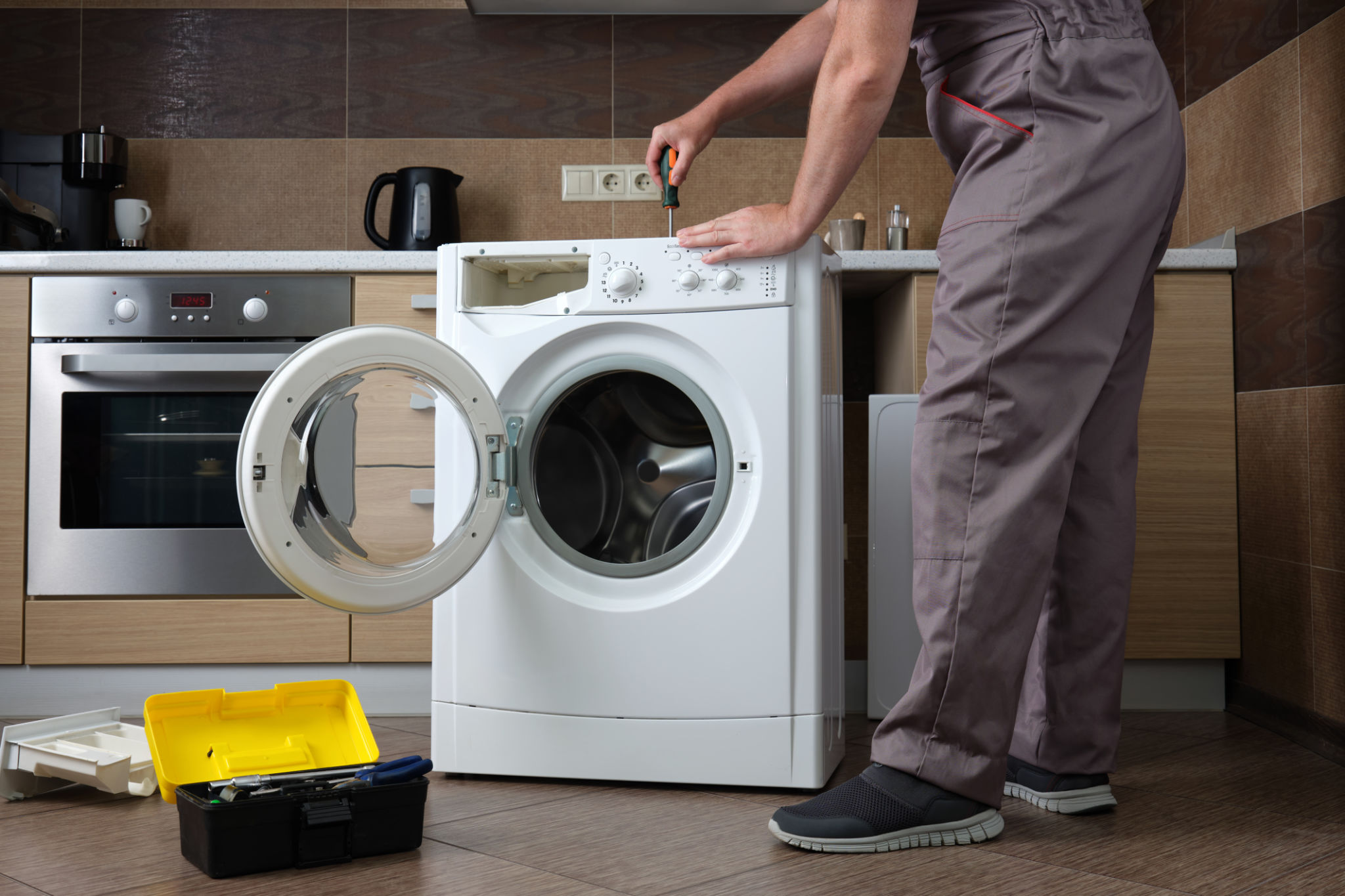How Weather Impacts Appliance Performance and What to Do About It
Understanding the Influence of Weather on Appliances
Weather conditions can have a significant impact on the performance and longevity of household appliances. External factors such as temperature, humidity, and even barometric pressure can alter how appliances function. Being aware of these effects can help homeowners maintain optimal appliance performance and extend the lifespan of their investments.

Temperature Fluctuations and Their Effects
Extreme temperatures can cause issues for many home appliances. For instance, refrigerators and freezers may struggle to maintain their internal temperatures during heatwaves, leading to increased energy consumption and potential spoilage of food. Conversely, in cold weather, water heaters may need to work harder to provide the same level of heating, which can lead to increased wear and tear.
To combat these effects, ensure that your appliances are properly insulated and consider installing temperature regulators where necessary. Regular maintenance checks can also help catch any issues early on.
The Role of Humidity in Appliance Performance
Humidity levels can also influence how well appliances perform. High humidity can lead to increased condensation within appliances such as air conditioners and refrigerators, potentially causing them to overwork or malfunction. This excess moisture can also contribute to rust and corrosion over time.
To mitigate humidity-related issues, use dehumidifiers in areas prone to high moisture levels. Additionally, ensure proper ventilation in spaces where appliances are located to help manage humidity effectively.

Barometric Pressure Changes
Barometric pressure changes, often brought on by changing weather patterns, can subtly affect appliance performance. Gas appliances, for example, may experience changes in flame intensity or efficiency due to pressure variations. While these effects are typically minor, they can cumulatively impact the appliance's performance over time.
Regular inspection by a qualified technician can ensure that gas appliances are properly calibrated and adjusted to handle pressure changes effectively.
Practical Tips for Protecting Your Appliances
There are several practical steps homeowners can take to protect their appliances from weather-related effects:
- Regular Maintenance: Schedule regular maintenance checks for all major appliances to identify potential issues before they become significant problems.
- Proper Insulation: Ensure that areas housing appliances are well-insulated to maintain stable temperatures.
- Monitor Humidity: Use humidifiers or dehumidifiers as needed to maintain ideal humidity levels.
- Professional Servicing: Engage qualified technicians for thorough inspections and servicing of gas appliances.

The Importance of Appliance Placement
The location of your appliances within your home can also impact their performance. Placing appliances in areas with extreme temperature swings or poor ventilation can exacerbate weather-related issues. For example, placing a refrigerator near a heat source such as an oven can force it to work harder to maintain its cooling efficiency.
Strategically place appliances in well-ventilated areas away from direct sunlight and heat sources to optimize their performance and reduce unnecessary strain.
Conclusion
Understanding how weather impacts appliance performance is crucial for maintaining their efficiency and prolonging their lifespan. By taking proactive steps such as regular maintenance, proper placement, and climate control within your home, you can safeguard your investments against the challenges posed by varying weather conditions.